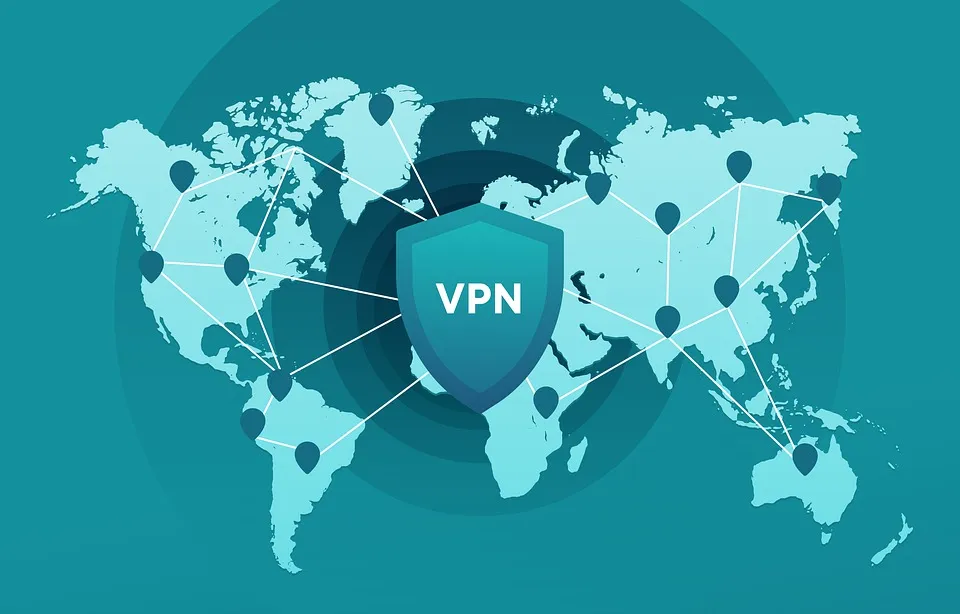Many of us know of VPNs as a way to avoid tracking and surveillance, and bypass location-based restrictions. However, there is more to VPNs than them.
Virtual Private Networks (VPNs) are known for their three benefits:
- PRIVACY - prevents your ISP from determining the websites you visit or apps you use, and the websites that you are visiting from determining your IP address, so that both cannot build a profile on you based on the websites you visit.
- SECURITY - allows you to make secure connections even when on unsecured networks (such as public WiFi).
- ACCESS - gives you the ability to bypass restrictions on the Internet set by your ISP or government, or simply to watch geo-restricted videos from video websites (such as Netflix).
This time, I have read an article at GitHub saying that there are a lot of reasons why VPNs should not be used, especially the following:
- A VPN can secretly log your online activity, and there is nothing you can do to verify that they do not (or have not).
- Their reputation is irrelevant, since they could "betray" its users anytime, and maybe they already did.
- Paying anonymously does not matter, since you connect from your own IP address and device, and like the reason at #1, they could just monitor all your online activity and look for your details there.
- The encryption provided by VPN providers is unnecessary, as SSL/TLS (transport encryptions) are already in place for sensitive communications (such as for posting passwords and purchasing online).
- Trying to circumvent georestrictions for non-illegal activities (such as for watching Netflix from a different country) is still a bad idea, since the logging VPN will still sell or give away your data to anyone (even to Netflix when it will benefit them).
Regardless of the reasons stated above, I personally still trust some VPNs for the following reasons:
- A VPN that either gets compromised or sells/gives data (to marketers or the government) will be quickly known and spread like wildfire.
- Most (if not all) online privacy-conscious users would trust a reputable VPN provider more than their ISP or government.
- Most (if not all) VPN users already know that it is not a perfect solution for your online privacy and anonymity needs, and will not exclusively use it when about to do something highly confidential (like journalists).
- Not everything you do online use SSL encryption (like when you are downloading torrents), and so VPN is very useful.
- Most Big Tech companies (like Facebook) really love to track your online activities (even when you are not logged in), and so using the VPN's IP address for your online browsing will heavily reduce their tracking capability.
To summarize, VPNs are really important to use today, but caution is advised when doing sensitive or confidential online activities.
For sensitive and confidential activities, it is recommended to the Tor browser together with a VPN.
Everyone is welcome to share their thoughts about VPNs in general, or any VPN provider from which they have good or bad experiences. Referral links for a good VPN provider are welcome.
